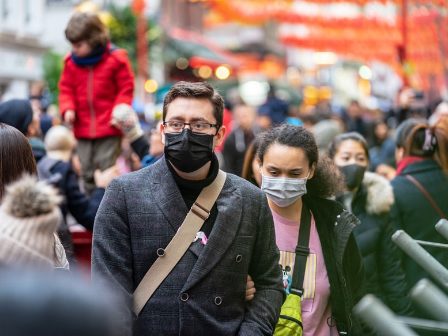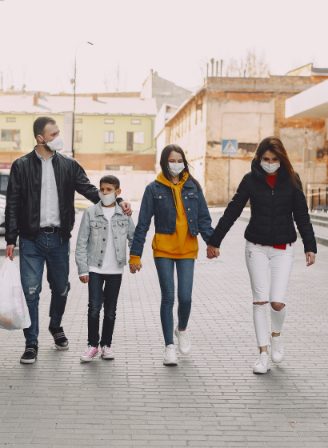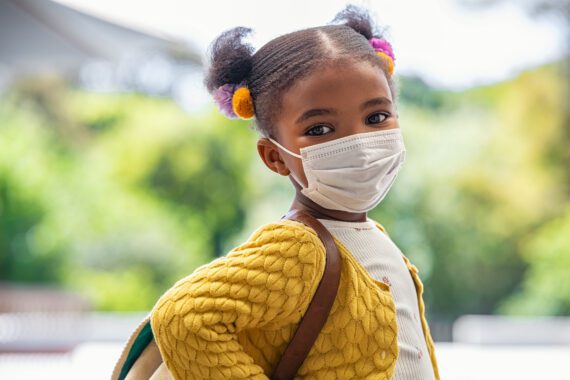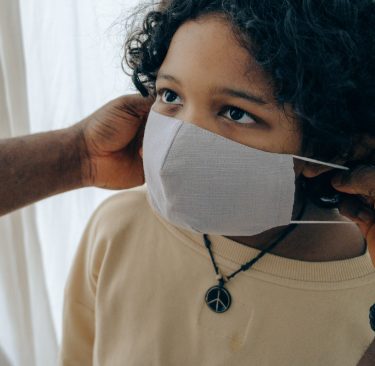Hunger and the Coronavirus
As is often the case, people living in hunger and poverty are likely to suffer the most during periods of crisis and disaster.
As is often the case, people living in hunger and poverty are likely to suffer the most during periods of crisis and disaster.


Not only does malnutrition weaken peoples’ immune systems, but the pandemic has interrupted supply chains and prevented nutritious food from reaching the people who need it. Quarantines and travel restrictions caused food prices to spike, making food unaffordable for many. Job losses have impacted millions of people around the world – especially in countries without social protections.


Since 2019, the number of people facing severe food insecurity has increased from 135 million to 345 million, and 50 million people in 45 countries are close to experiencing famine. The COVID-19 pandemic has played a role in this rise in hunger along with other factors, including conflict and climate change.
Though we may feel powerless and overwhelmed, we are not. Now is the time to heed God’s call to care for the “least among us.” Funding for domestic and global nutrition programs are needed now more than ever.

